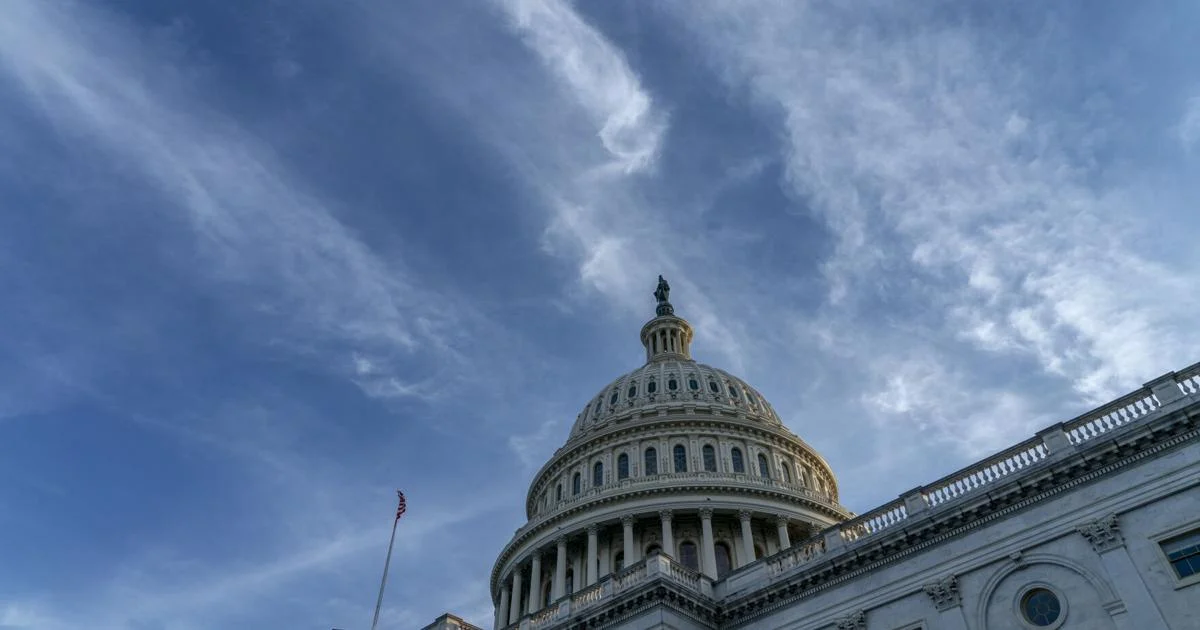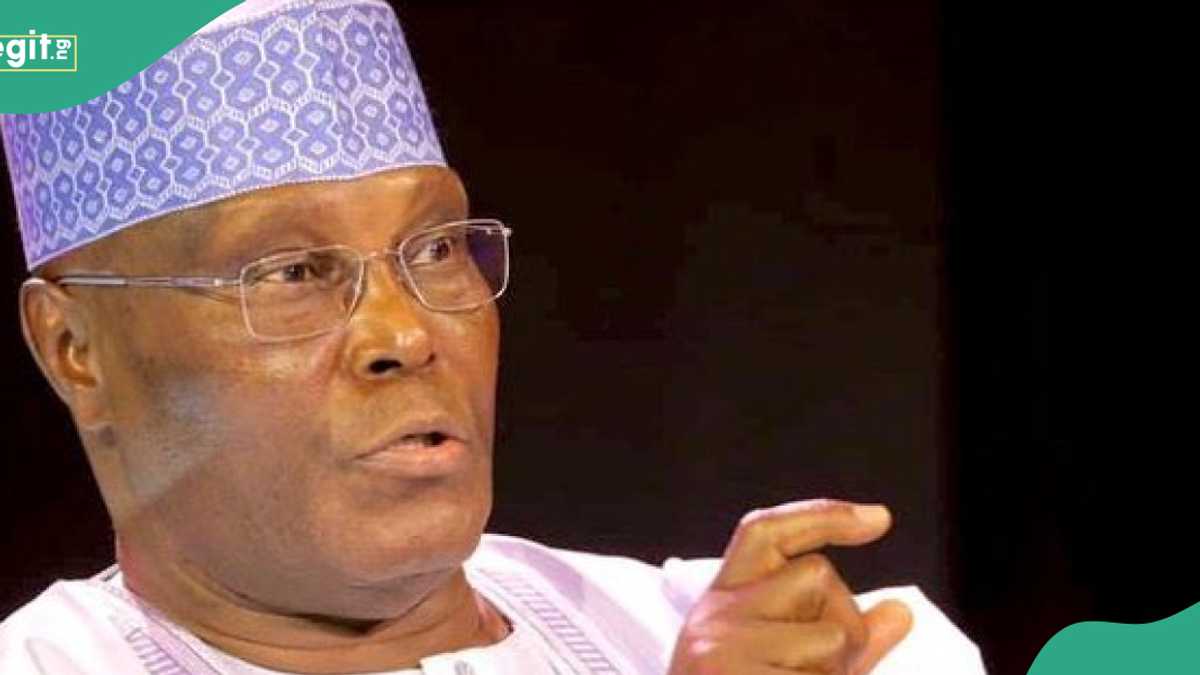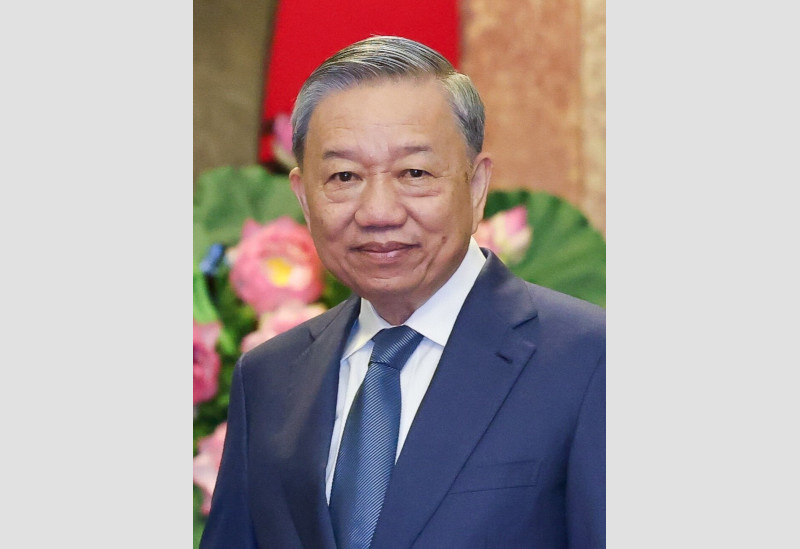
WASHINGTON — “Charge” is a word with many meanings.
One is to store electrical energy in a battery. Another is to rush forward in attack – you know, like that buffalo found on certain football helmets.
Neil Chatterjee embodies both of those meanings. He is a former chair of the Federal Energy Regulatory Commission. And he is this year’s recipient of the Charging Buffalo Award.
It is given each year at the wings-and-weck celebration on Capitol Hill known as Buffalo Nite in Washington, which is scheduled for this evening. The award goes to a person who is somehow both Buffalonian and Washingtonian. Examples of such heroic hybrids include Tim Russert, Mark Russell and Wolf Blitzer, who were the first three awardees back in the day.
“I’m honored,” Chatterjee says of now being the 31st. “It’s very humbling and exciting.”
The commission he led is an independent agency of the federal government that regulates the interstate transmission of electricity and natural gas. He was FERC chair for half of 2017 and again from October 2018 to November 2020.
Donald Trump, who nominated him as a member and then twice as chair, removed him as chair a day after the 2020 election.
“I had initiated some policy – particularly about opening up markets to clean energy and looking for ways to decarbonize – that were not necessarily aligned with some of the folks in the president’s inner circle,” Chatterjee says. “In many ways, it did me a favor. It affirmed to people that I really was an independent voice” on the independent commission.
He then served out the last 10 weeks of his five years as a commission member and has since worked as a lawyer in the energy field. Today he is chief government-affairs officer for Palmetto, a clean tech company, and serves as an adviser to the Climate Leadership Council, a group that works to reduce global energy emissions.
“Reliability is something we take for granted in this country,” he says. “We just assume when we hit a switch that the lights will come on, or in a cold Buffalo winter that the heat will come on. … We’ve got to get this math problem right, this Gordian knot that we’re in, and make sure we provide enough power affordably and reliably.”
The energy demands of winning the AI race with China, he says, make energy policy a matter of national security: “We have to rise above the politics.”
Chatterjee, 48, was born at Children’s Hospital in Buffalo and grew up in Amherst. He attended Calasanctius Preparatory School through fifth grade and then Nichols School.
Calasanctius, since closed, was a private school for gifted students. “Yeah, I was definitely the dumbest one there,” Chatterjee says. (Don’t believe him.) “It was small. I had basically eight to 10 classmates.”
His parents, Sunil and Malaya, were cancer researchers at Roswell Park. Midway through Chatterjee’s sophomore year at Nichols, they moved the family to Lexington, Ky., for new jobs in cancer research at the University of Kentucky.
“It was a jarring thing for my sister and me,” he says. “Buffalo was all we knew. I didn’t know it was normal to have winters not buried in snow and ice. We loved it there. It was emotionally tricky to move, especially in the middle of the school year in the middle of high school.”
Chatterjee enjoyed his time at Nichols, where his interest in politics and policy began. He also played soccer, hockey and tennis there before turning to wrestling. “Hockey wasn’t going to be an option for me in Kentucky,” he says. “I needed a winter sport I could do when we got down there.”
Things worked out well at Henry Clay High School in Lexington. That’s where he met his future wife – and where he took an even deeper interest in politics and policy. Going to a high school named for a notable statesman of American history “just fed my interest,” Chatterjee says. “It definitely played a role in my career trajectory.”
He graduated from St. Lawrence University, in northern New York, then got his law degree at the University of Cincinnati. The Sept. 11 attacks came while he was there. Coincidentally, the interview for this story took place last week on the anniversary of the attacks.
“I decided in that moment that I wanted to do something to serve our country,” Chatterjee says. “But I didn’t know how one went about it.”
He took a low-paying internship with the Ways and Means Committee in the U.S. House of Representatives. That led to a job in the office of Deborah Pryce, a Republican congresswoman from Columbus, Ohio. He had hoped to work for her in health policy – his parents’ influence – but the opening in her office was in energy policy. He quickly found it fascinating.
Later he worked for the National Rural Electric Cooperative Association, which represents not-for-profit electric cooperatives across the country. That’s where he caught the eye of Senator Mitch McConnell (R-Kentucky), who hired him as energy-policy adviser. Next came the nomination from Trump to serve on the federal commission.
When Trump demoted him, in 2020, Chatterjee told the Washington Post he took it as evidence of his independence and said he would “wear it as a badge of honor.”
Badges are nice, but wait until he sees the 12-pound trophy that comes with the award he will get tonight. It’s a sculpture of a buffalo.
A charging one, of course.
Be the first to know
Get local news delivered to your inbox!
* I understand and agree that registration on or use of this site constitutes agreement to its user agreement and privacy policy.
Erik Brady
Get email notifications on {{subject}} daily!
Your notification has been saved.
There was a problem saving your notification.
{{description}}
Email notifications are only sent once a day, and only if there are new matching items.
Followed notifications
Please log in to use this feature
Log In
Don’t have an account? Sign Up Today



